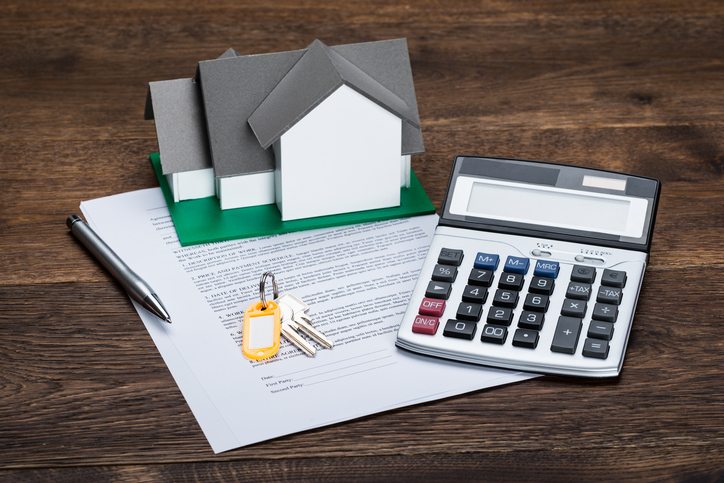
Eric Haullska never read the fine print.
The Dallas, Texas native signed an apartment lease, without reviewing the rules and regulations embedded in fine print within the document. Eric missed several red flags that eventually forced him to move elsewhere, at the cost of losing his security deposit. The fact remains that many renters fail to review rental leases thoroughly.
Length of Lease
Most renters assume a rental agreements run for one year and this is often the case. However, some landlords prefer shorter leases, especially for new tenants to see if the rental arrangement works for both parties that sign a lease. Confirm that the length of the lease matches your living needs. You might want a month-to-month lease because you are in town on business on a month-to-month basis. Moreover, verify when you have to give notice to vacate the premises. Landlords typically ask for at least one month notice. You also need to know about a “hold over” clause, which stipulates your financial reimbursement for remaining in the apartment past the legally mandated move out date.
Pet Policy
Many landlords prohibit pets on their properties for several reasons. From infrastructure damage to creating too much noise, pets typically are not allowed in apartment complexes. If you have a cat or a dog, make sure the landlord agrees to allow the pet on his or her property. Confirmation must come in the form of a clause written into the lease, before you sign on the dotted line. Never accept landlord verbal promises, because verbal promises rarely hold up in courtrooms. Most pet owners can expect to pay a pet deposit and even a monthly rental fee for landlords to allow pets to live in their apartment complexes.
Roommates and Sub Leasing
You can move into a two-bedroom apartment and after a couple of months decide that you want a roommate to help defray rent, utility, and living expenses. Rental leases include a line or two that specifies whether you can have one or more roommates. You need to see if you have the legal right to sub lease the unit as well. You might receive a job offer in another city, which means you need someone to fulfill your legal obligation for the remainder of the lease.
Here are some other things to look for in a rental lease:
Does the lease prohibit you from running a home business?
How much do you owe if you break the lease?
When is rent due?
What is the grace period for late rent?
Who pays the utilities?
What is the security deposit?
What do you have to do to get all of your security deposit back?
What legal obligation does the landlord have to make repairs and perform maintenance?
The home business clause has special relevance, as an increasing number of professionals ply their job skills by going solo. You cannot afford to sign a lease that does not allow you to earn a living from home. In addition, never sign a lease that requires you to give the landlord a slice of your hard earned financial pie.
Finally, look for a clause that states the landlord can drop a lien on your personal property to recover financial losses caused by you not paying rent or damaging the unit. The legal prospect of a lien represents only one reason why you need to contact a licensed real estate attorney to help you understand a rental lease. After a free initial consultation, you should have an understanding on how an experienced real estate attorney can help you avoid legal issues with a prospective landlord.
